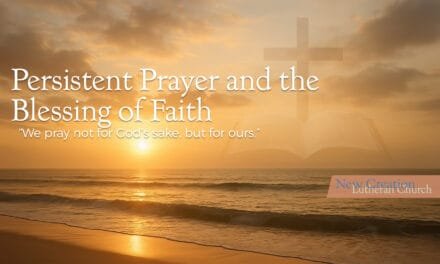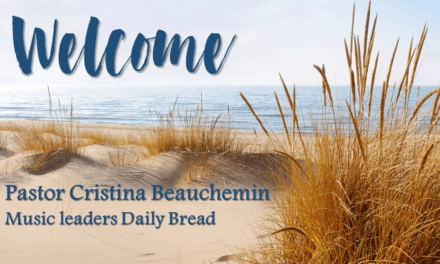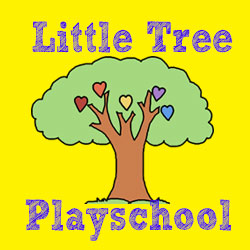Pastor Cristina delivers the third sermon in the 2025 Creation series, centering on the theme of the Cosmos. Drawing from Job 28, Psalm 29, Luke 8, and a bonus reading from Colossians 1, she emphasizes Christ’s authority over all creation, both seen and unseen. The sermon highlights that the vastness of the universe and humanity’s fascination with the unknown reflect our ongoing desire to understand the Creator and our place in the world. Pastor Cristina opens with a playful nod to the original Star Trek series, quoting its famous “final frontier” introduction, to connect the congregation’s curiosity about space with the human yearning to explore, discover, and understand what lies beyond. This familiar cultural reference helps frame the sermon in a way that resonates with both younger and older listeners, illustrating that exploration—of both the cosmos and of faith—is a shared human endeavor.
“The final frontier calls us to wonder, explore, and trust in Christ.”
The sermon begins by reflecting on Job 28, which asks, “Where does wisdom come from, and where is the place of understanding?” Pastor Cristina notes that wisdom is hidden from the eyes of all living things but fully known to God, who observes all of creation. She pairs this with Psalm 29, which describes the power and majesty of God’s voice over the waters, shaking the wilderness and commanding awe across creation. These readings set the stage for understanding the divine authority expressed in Colossians 1, where Christ is described as the source and sustainer of all things. Christ existed before anything was made, and through Christ, all creation continues, from the smallest unseen forces to the vast expanses of the cosmos. Pastor Cristina emphasizes that the Creator’s authority is not distant or abstract; it is active and sustaining, ensuring that the universe remains ordered, purposeful, and alive.
In reflecting on the human fascination with space, Pastor Cristina observes that our curiosity is mirrored in popular culture, from Star Trek to Star Wars, and in scientific exploration. She invites the congregation to consider how knowledge of the cosmos does not diminish faith but can deepen it. By observing the stars, the moon, and the rhythms of day and night, we encounter a tangible reminder of God’s creative power. Science and faith are complementary, each offering a lens to appreciate the complexity, beauty, and order of creation. Pastor Cristina challenges listeners to see themselves as part of this larger story: made of stardust, living in a universe shaped and sustained by Christ, and called to participate responsibly in the care of creation.
She also addresses the tension many feel between modern knowledge and ancient scripture. While humanity knows more than ever about the universe, the story of creation remains relevant, inspiring awe and gratitude. Pastor Cristina quotes Louis Pasteur: “Too little science leads away from God. While too much science leads back to God.” The sermon emphasizes that observation, learning, and exploration should enhance our wonder and faith, not diminish it. By engaging directly with the cosmos—through stargazing, using star maps, or studying the heavens—we experience creation firsthand, bridging the gap between abstract knowledge and lived understanding.
Finally, Pastor Cristina reminds the congregation of our responsibility as stewards of creation. As beings made of stardust and part of an evolving universe, we are called to care for the earth, uphold the integrity of life, and participate in the ongoing story of creation. Faith, curiosity, and stewardship converge in the recognition that Christ is central to all that has been made, and all that will continue. The sermon concludes with a call to wonder, responsibility, and faithful living: to look to the heavens, appreciate the complexity of life, and participate actively in God’s ongoing work in the world.
Scripture
Job 28; Psalm 29; Luke 8; Colossians 1 (bonus reading)
Additional Resources
- Read the Sermon Notes/Reflection Guide
- Read the Complete Transcript







 Our Latest Updates on
Our Latest Updates on
